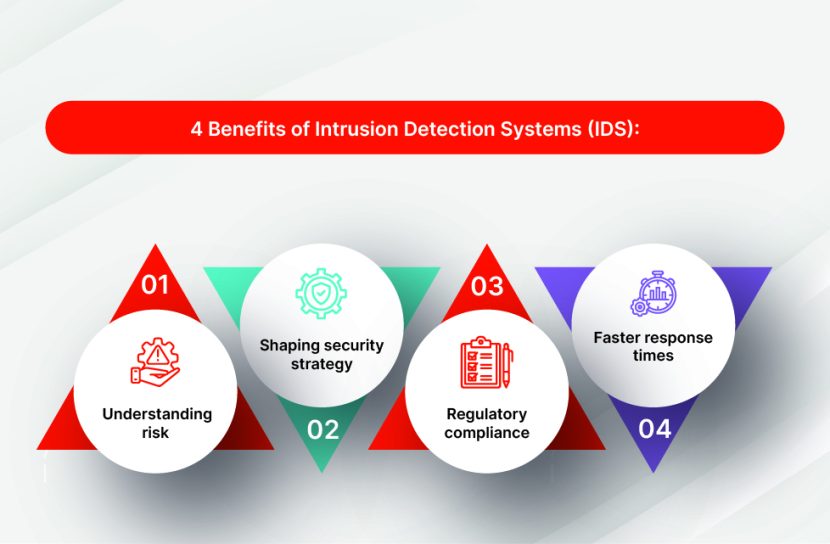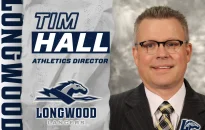“You do have to worry about families getting taken advantage of if they’re not with the right people,” Schwartz said. “I do think that on the positive side, allowing a family to earn money and a player to earn money at a younger age is a good thing. But there probably should be some rules […]


“You do have to worry about families getting taken advantage of if they’re not with the right people,” Schwartz said. “I do think that on the positive side, allowing a family to earn money and a player to earn money at a younger age is a good thing. But there probably should be some rules that get put into place, and I think there will be.”“Many years ago, you could sign players right out of high school,” Schwartz said. “The rules changed because they were a little bit worried about players coming into the [NBA] league too early who weren’t ready; also, probably some of the situations that players were getting themselves into. So, they created the one-and-done rule where you had to go to college for a year. We’re now back to the place where you can sign any athletes at a much younger age.”It can quickly become predatory when families are involved, particularly those of low-income backgrounds who agents can frankly exploit. Schwartz has credibility in the industry with high-profile agents who he’s handled since their college careers, such as Clark.Schwartz believes the impending House v. NCAA settlement will transform college reform. At the high school level, states have implemented various parameters he believes will eventually unify as restrictions are put in place to make sure agents who are involved with families are properly qualified. “It’s really evolved into a much more holistic situation with families when the kids are much younger because you’re helping them on all different levels in all different areas.”Schwartz used the evolution of college basketball and the NBA as a template to explain the need for reform.He acknowledged how new this NIL era is, entering its fourth year, and that the necessary conversations are transpiring to evolve the college sports landscape with respect to reform.Regulation is essential to ensure that all agents involved in NIL and college sports share his ethical and careful perspective.“You want to be involved at an earlier stage than you would have traditionally,” Schwartz said. “We will get involved with an athlete, who could be a basketball player, a baseball player, or a football player, while they’re in high school and work with the families.”While he previously tried to keep his agents out of the high school realm, Schwartz now finds that they are helping families and young players choose their colleges.The younger the players sign, the more families are involved, and Schwartz feels a different weight on agents’ shoulders with an increased vulnerability and responsibility.As it stands, there are no qualifications, certifications, or exams; educational requirements; or any framework governing NIL agents. There have been agents who have admitted to taking a 20% cut of college players’ NIL deals.Excel Sports Management’s founder, president, and managing partner, Jeff Schwartz, whose clientele include Caitlin Clark and Tiger Woods, has seen the landscape evolve in a worrisome way.NIL continues to dominate college sports, and those effects are permeating the high school level without any rules or regulations set forth by the NCAA for any form of protection.Schwartz sat down with Alex Sherman on the CNBC Sport videocast to discuss the rise of NIL and how it’s changed Excel’s strategy of handling clients at a much younger age.














